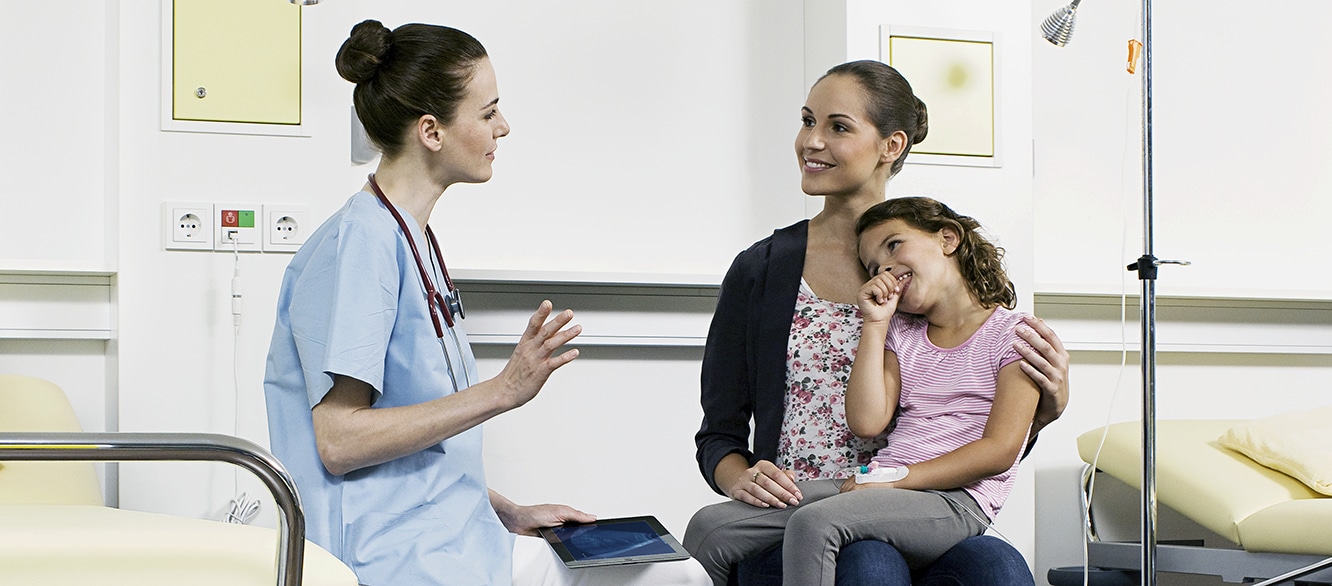Take steps to prepare for your stay.

If you are preparing for a stay at an ECU Health hospital, we want to make sure you are prepared and know what to expect. Below, you’ll find important information, and patient and family guides for each of our hospitals, which will help you navigate your stay and transition back home. You can learn more about your role as a patient on our Patient Rights & Responsibilities page.
Preparing for Your Visit
Whether you are preparing for a check-up at one of our physician offices or an outpatient procedure, we want to get you set for your visit to our facility. Find helpful information to make sure you have a successful visit here.
Preparing for Surgery or Other Procedure
Your doctor may provide specific instructions based on the type of procedure or surgery you will have. Here are some common guidelines to help you prepare before your treatment date:
- Ask the surgeon to explain the benefits, risks and expectations of the procedure.
- Discuss planned anesthesia or options and expected recovery time.
- Tell your doctor about all medicines you are currently taking – over-the-counter or prescription, as well as prior procedures, history of chronic illness or allergies.
- Stop drinking and eating for the recommended time period before and after surgery.
- Stop smoking as instructed.
- Follow specific preoperative bathing, shaving or cleaning instructions.
- Discuss post-operative instructions (for example, changing dressings, post-op medicines, follow-up appointments).
- Do not wear makeup the day of surgery, including nail polish.
- Do not wear eye contacts the day of surgery.
- Leave valuables and jewelry at home.
- Advise the medical staff of dentures or other prosthetic devices you may be wearing.
- Verify all insurance coverage before surgery, as many insurance carriers do not cover some types of plastic surgery procedures (particularly cosmetic procedures).
- Arrange a ride home after your procedure.
- Review visitor guidelines prior to arrival.
AskMe3®
AskMe3® is a program that encourages you to ask three important questions of your provider to more fully understand your condition and what you need to do to stay healthy. A journal to use to write down your AskMe3 questions can be found in the patient and family guide.
- One. What is my main problem?
- Two. What do I need to do?
- Three. Why is it important for me to do this?
Family and Friends
Family and friends are an important part of your care team and an essential source of support. Choose your family and support persons and how you want them to be involved in your care. Children should always be accompanied and supervised by an adult other than the patient. For your safety, family and visitors should:
- Wash hands or use hand sanitizer when entering and leaving your room.
- Stay home if not feeling well or have signs of an infection or respiratory illness.
- Follow all isolation precautions as instructed by the health care team.
Patient and Family Guides

To help make your care experience as smooth and successful as possible, ECU Health offers these Patient and Family Guides with valuable information for your care journey.